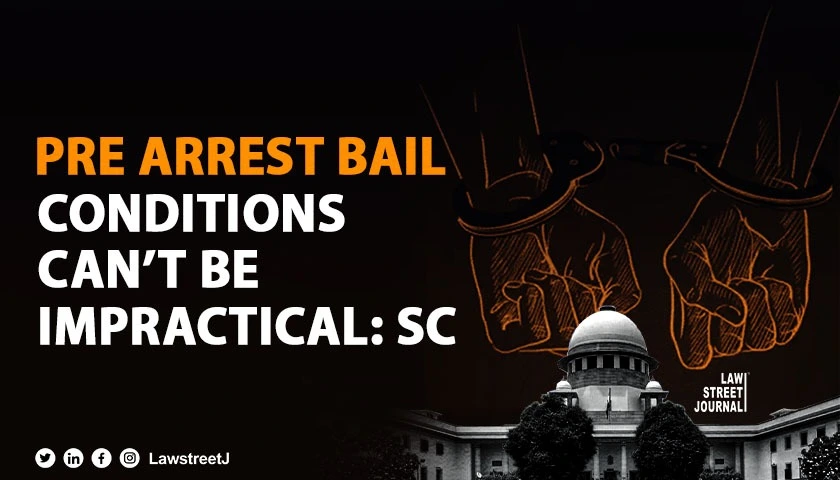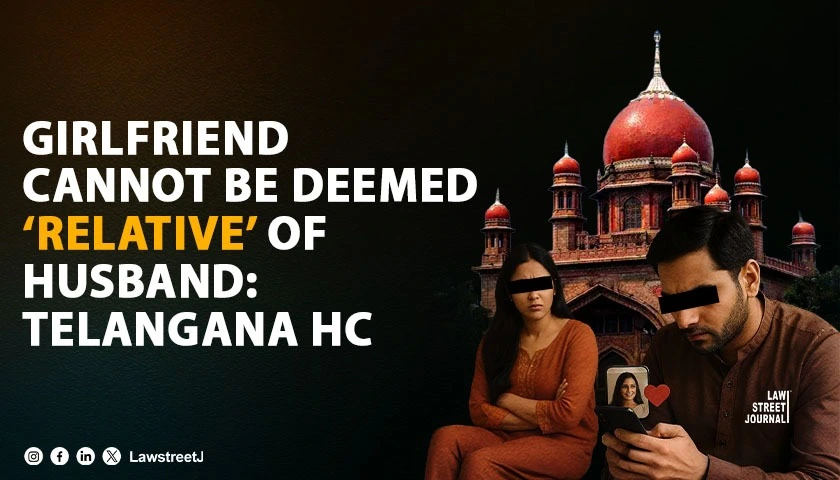NEW DELHI: The Supreme Court has set aside a Patna High Court's order stipulating him to file an affidavit that he would fulfill all physical and financial needs of the wife without interference from her family members, for pre-arrest bail to a man in a matrimonial dispute case.
A bench of Justices C T Ravikumar and Prashant Kumar Mishra said that when a court comes to a conclusion that bail can be granted to an accused on an application filed under Section 438 of the Code of Criminal Procedure, 1973, conditions should not be put to make it impossible and impracticable to comply with.
The bench said it was pained to see that despite a catena of decisions deprecating the practice of putting onerous conditions for pre-arrest bail such orders are being passed without giving due regard to the binding precedents.
The court also cited Legal Maxim – ‘Lex non cogit ad impossibilia’, meaning thereby the law does not compel a man to do what he cannot possibly perform.
Also Read: Cattle smuggling case: SC grants bail to TMC leader
The court said putting conditions like requiring a person to give an affidavit that he would fulfil all physical as well as financial requirements of the wife so that she could lead a dignified life without interference of any of the family members of the man, can only be described as an "absolutely improbable and impracticable condition".
The ultimate purpose of putting conditions while granting pre-arrest bail is to secure the presence of the accused and thus, eventually to ensure a fair trial and the smooth flow of the investigating process, the bench said.
The court allowed the appeal filed by Sudeep Chatterjee against the High Court's order which, while granting pre-arrest to a man in matrimonial dispute case, fixed those conditions.
"We stress upon the need to put compliable conditions while granting bail, recognising the human right to live with dignity and
with a view to secure the presence of the accused as also unhindered course of investigation, ultimately to ensure a fair trial," the bench said.
The court also emphasised that in respect of matters relating to matrimonial cases, conditions should be put in such a way to make the grantee of the bail as also the griever to regain the lost love and affection and to come back to peaceful domesticity.
"Courts have to be very cautious in imposing conditions while granting bail upon finding pre-arrest bail to be grantable. This is to be done warily, especially when the couple concerned who are litigating in divorce proceedings, jointly though lukewarmly, agreed to attempt to reconcile and re-unite," the bench said.
The court noted the HC's order itself would reveal that the parties who were about to part company, rethought and expressed their readiness to bury the hatchet and to reunite and the appellant has also agreed to withdraw the divorce case.
In the case, the bench said, the wife may not misuse such a condition. "However, giving such a carte blanche, is nothing but making one dominant over the other, which in no way act as a catalyst to create a comely situation in domesticity. On the contrary, such conditions will only be counterproductive," the bench said.
The bench said when the couple who are trying to bridge their emotional differences putting one among them under such an onerous condition would deprive a dignified life not only to the grantee but to both.
"One should not be oblivious of the fact that a boy or girl, will be bonded to kith and kins besides parents and siblings and such bonded relationships cannot be severed solely due to affine and affinity towards the affinal as also cognate relationships has to be taken forward with same cordialness," the bench said.
"No doubt putting a condition that one of the parties should undertake to fulfil all physical as well as financial requirements of the other party could not bring about such a situation. It may compel one among the couple to be susceptive and turn the other supercilious," the bench added.
The court made the bail order absolute without the conditions.

















